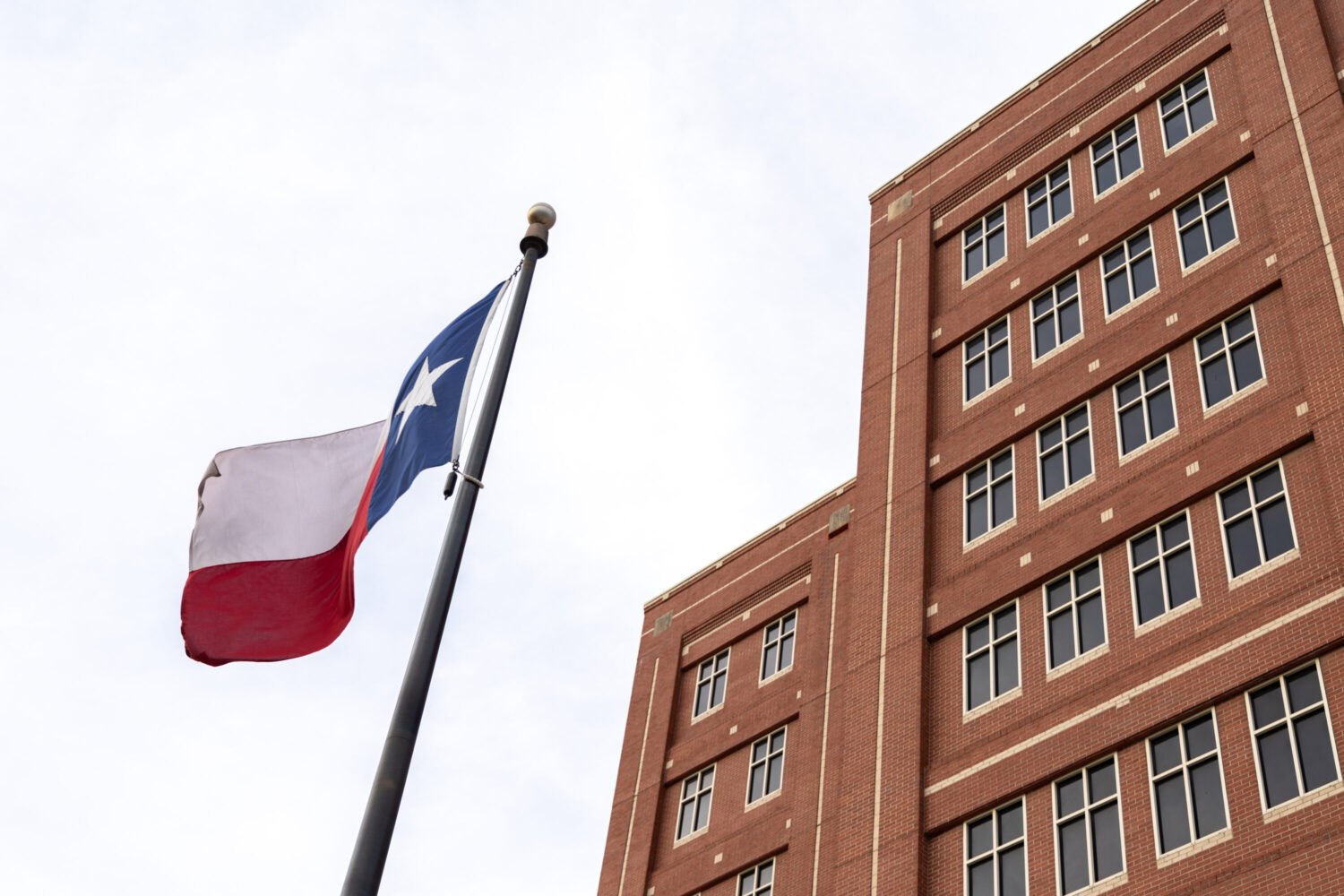Introduction to Mental Health in Harris County Jails
The Harris County Jail in downtown Houston has been a focal point of concern due to the high number of inmates suffering from mental health disorders. Recent data from the Harris County District Attorney’s Office reveals that about 80% of inmates in the Harris County Jail have a mental health disorder, with a third of the over 1,800 inmates taking psychotropic medications.
Efforts to Address Mental Health Issues
To address this issue, the county has made significant efforts to fund a mental health and diversions bureau. The bureau is funded by $3 million from a $7.8 million supplemental county budget increase to the district attorney’s office. This funding has contributed to the development of programs aimed at restoring competency and expanding mental health resources for jail inmates. These programs have been championed by county commissioners for a long time.
Diversion Programs
Since January, more than 300 people detained for low-level offenses in Harris County have been diverted away from incarceration and into mental health treatment programs. This diversion is a result of the county’s efforts to fund mental health and diversions bureau and the recent hiring of a full-time prosecutor in the joint processing center. The diversion center, located at 6160 S. Loop E in Houston, provides an alternative to jail for individuals with mental health issues.
Benefits of Diversion Programs
According to Wayne Young, the chief executive officer of the Harris Center for Mental Health, for every dollar spent on diversion, $554 in criminal justice costs have been saved. This is a significant reduction in costs, especially considering that county taxpayers still foot a more than $50 million bill for the county to outsource jail inmates to other facilities due to staffing issues.
Impact on Jail Population
The Harris County Jail population has dipped 9% since January, with over 340 people being diverted to mental health programs instead of being booked into the county jail. This reduction in jail population is a positive step towards addressing the "humanitarian crisis" in the Harris County Jail, as described by District Attorney Sean Teare.
Changes in the Intake Division
A significant change in the intake division has been the addition of a full-time prosecutor in the joint processing center. Previously, the intake division was predominantly a virtual process, with arresting officers speaking with prosecutors on Zoom calls. The physical presence of an assistant district attorney at the joint processing center has helped more people facing low-level crimes get connected to mental health programs.
Conclusion
In conclusion, the efforts to address mental health issues in Harris County Jails have shown promising results. The diversion programs have not only reduced the jail population but also saved significant costs in criminal justice. The addition of a full-time prosecutor in the joint processing center has been instrumental in connecting individuals with mental health issues to the necessary treatment programs. As District Attorney Sean Teare said, "a jail cell is not the right place to treat mental health and addiction." The county’s efforts to prioritize mental health treatment over incarceration are a step in the right direction towards addressing the humanitarian crisis in the Harris County Jail.




